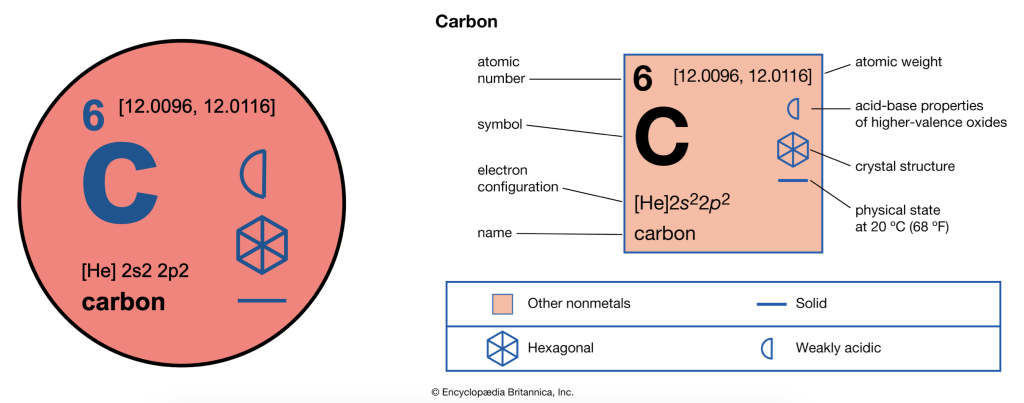Carbon is the basis of life on Earth.
It’s in the air we breathe, the food we eat, and the fuel we burn. But when too much carbon is released into the atmosphere, it heats up our planet, causing global warming.
The Carbon Atom

That’s why carbon is so important—it connects nature, the economy, and the climate crisis to every person. Every product we make, buy, or use has a carbon impact. By measuring and showing the carbon cost alongside the dollar price, we make it clear how much our choices affect the planet.
Carbon has fundamental advantages. First, it is universal: it’s a metric we can use everywhere, for everything. It’s also transparent: everyone can understand and see its impact. This makes it the perfect natural element to guide change, helping businesses, governments, and individuals work together to create a more sustainable future. This will help business and governments meet the targets and goals they have committed to.

The presence and absence of carbon can be measured in all energy, all materials, all species and all human activity.
The Need for Change
Climate change is happening now. Every year, we see more floods, fires, and heatwaves, and they’re getting worse. The way we currently live and work isn’t sustainable—it’s using up resources, creating waste, and harming people and nature.
We have until 2030 to make big changes. That’s the target set by scientists and global leaders to limit global warming and avoid the worst impacts of climate change. If we fail, life as we know it will become harder for everyone—more extreme weather, higher costs, and greater inequality.
But we can choose a different path. By making carbon visible in every transaction, we can reduce waste, lower emissions, and transition towards an economy that works for people and the planet. Change is urgent, but it’s also possible. Together, we can create a future that’s fairer, cheaper greener, and better for all.
The Cost of Inaction
The cost of doing nothing about climate change is far greater than the effort required to act. Each year, we face more severe floods, fires, and droughts, and the price of recovery is rising. Ignoring the problem puts lives, livelihoods, and ecosystems at risk and delays the inevitable.
If we continue on the current path, the economic toll will skyrocket—higher insurance premiums, strained public budgets, and disrupted industries. Socially, inequality will deepen, as the most vulnerable bear the brunt of climate impacts.
Environmentally, we risk irreversible damage to the planet’s systems, making recovery impossible.
But inaction isn’t just a risk—it’s a missed opportunity. By acting now, we can create jobs, foster innovation, and build resilience. Every day we delay is a day we lose potential for a greener, fairer future. The choice is clear: act now or face growing costs and hardships. The opportunity is here, but only if we seize it today.

